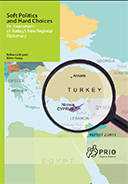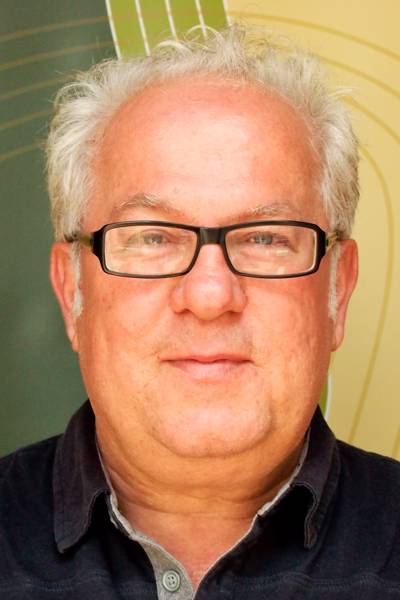In the past decade, Turkey has experienced unprecedented economic growth, accompanied by a new foreign policy strategy aimed at using the country’s regional position to transform it into a global player. The new Turkish foreign policy has developed novel strategies for dealing with conflicts in the Western Balkans, Southeastern Europe, the South Caucasus, and the Middle East, and the country has become a figure of hope for many people in these regions. However, while Turkey has used its historical ties to develop these relations, the reception of Turkish aid, intervention, mediation, and soft power has been less than fully positive.
The PRIO-TESEV project of which this report is a result aimed to examine regional perceptions of the new Turkish foreign policy through a series of workshops with regional experts. We were especially interested in perceptions of Turkey’s new foreign policy in countries that have historical ties to Turkey because of the historically loaded rhetoric and strategies that shape the country’s soft power politics in these areas. We asked experts to consider Turkey’s new role in their own countries, how this role is tied to Turkey’s domestic and regional interests, and how this role has altered local perceptions of Turkey. The report summarizes the discussions of these workshops and provides an assessment of the strengths and weaknesses of Turkey’s new policy for the region.








